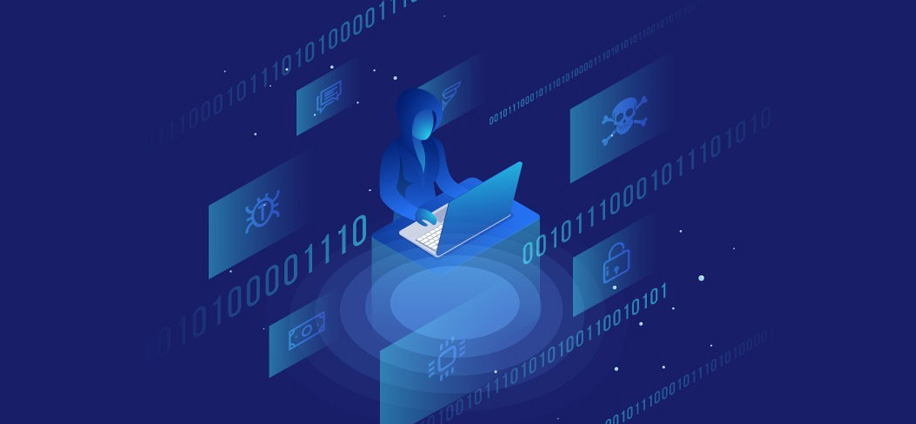
The dark web thrives on anonymity, encryption, and chaos. But what happens when the authorities play by the same rules? What if the badge goes silent, the uniform disappears, and the detective turns the vendor?
Undercover operations on the dark web are some of the most complex digital stings in modern policing. They blend cyber forensics, psychological warfare, and long-term patience—often with massive results.
Contrary to TV shows, agents don’t just jump into markets waving warrants. They embed themselves. Slowly. Carefully. Sometimes for years.
The goal? Build trust. Observe behavior. Strike when the ecosystem is most vulnerable.
Perhaps the most legendary dark web sting involved two markets collapsing at once—but not in the way most expected.
For nearly a month, Dutch authorities operated Hansa, gathering user logins, shipping addresses, and PGP keys—harvesting thousands of identities. When they finally closed it, the effect was devastating.
It proved one thing: you never really know who’s behind the screen.
Despite the paranoia that defines the dark web, people crave convenience. They make mistakes. They trust too much.
Law enforcement thrives on:
Undercover agents leverage these cracks to build profiles, link activity, and strike when suspects feel most untouchable.
Authorities have also created fully functioning darknet markets designed to lure in criminals. These operations are often indistinguishable from real ones.
They feature:
Vendors join, thinking they’re entering a lucrative new space. Instead, they’re stepping into a legal snare.
Running an undercover dark web op comes with ethical and legal challenges:
That’s why these operations are often international—coordinated between Interpol, Europol, the FBI, and national cybercrime units.
Sometimes, law enforcement officers go rogue. There have been cases where agents assigned to darknet stings:
In one notorious case, two federal agents involved in the Silk Road investigation were charged with stealing funds and tampering with the investigation. The line between hunter and opportunist can blur fast.
Undercover cops don’t act fast. They act convincingly. They wait for the right moment.
Sometimes that means:
The dark web’s greatest weapon is anonymity. But law enforcement’s secret power is patience.
When a market falls, it’s often overnight. No warnings. Just a dead link. Or a splash page that reads:
"This hidden service has been seized by law enforcement."
Behind that seizure lies months—sometimes years—of digital espionage, social engineering, and forensic wizardry.
The web may be dark. But it’s never beyond reach.